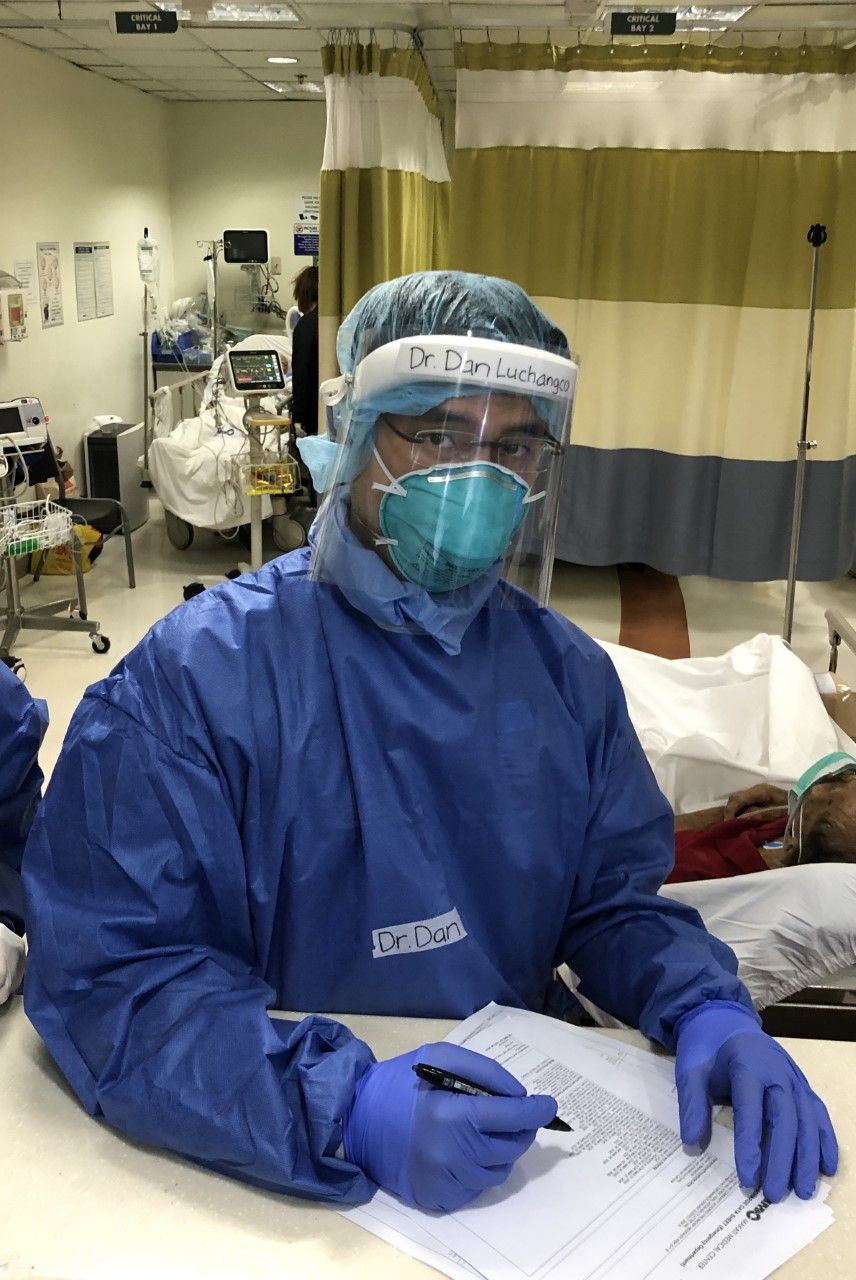Makati Medical Center’s Dr. Dan Luchangco, emergency medicine consultant, and Dr. Austine Gawaran, chief resident of emergency medicine, let us in on what the Emergency Room (ER) is like amidst a pandemic.
These days, we cannot see our enemy. This is possibly the toughest battle doctors may face in our lifetime. Hospital emergency rooms (ER) have become minefields, where they carefully navigate their way around patients who are all assumed to be COVID-19 positive, until proven otherwise.
“These times are defining moments for doctors and [frontliners]. In normal times it is heart attacks, strokes, accidents, etcetera. But these days the bulk is definitely COVID-19 patients,” shares Dr. Luchangco. He explained to me that to be an ER doctor means being ready to take on anything that comes through the door. “Anything, no matter how horrible. It is making the promise that there is always somewhere to run to 24/7, any day of the year.”
A great many frontliners manning the ER during this pandemic are residents: freshly certified doctors who are in intense training programs to further specialise. These young talents are bravely taking to the frontlines largely due to the fact they are young, and thus more likely to recover from COVID-19. Welcome to the most intense residency program yet!
Read more: The Leaders Of Makati Medical Center and The Medical City Speak Out
It is in the face of this uncertainty that we can see the separation of those who respond to the call and step up into harms way and those who step back and exclude themselves






